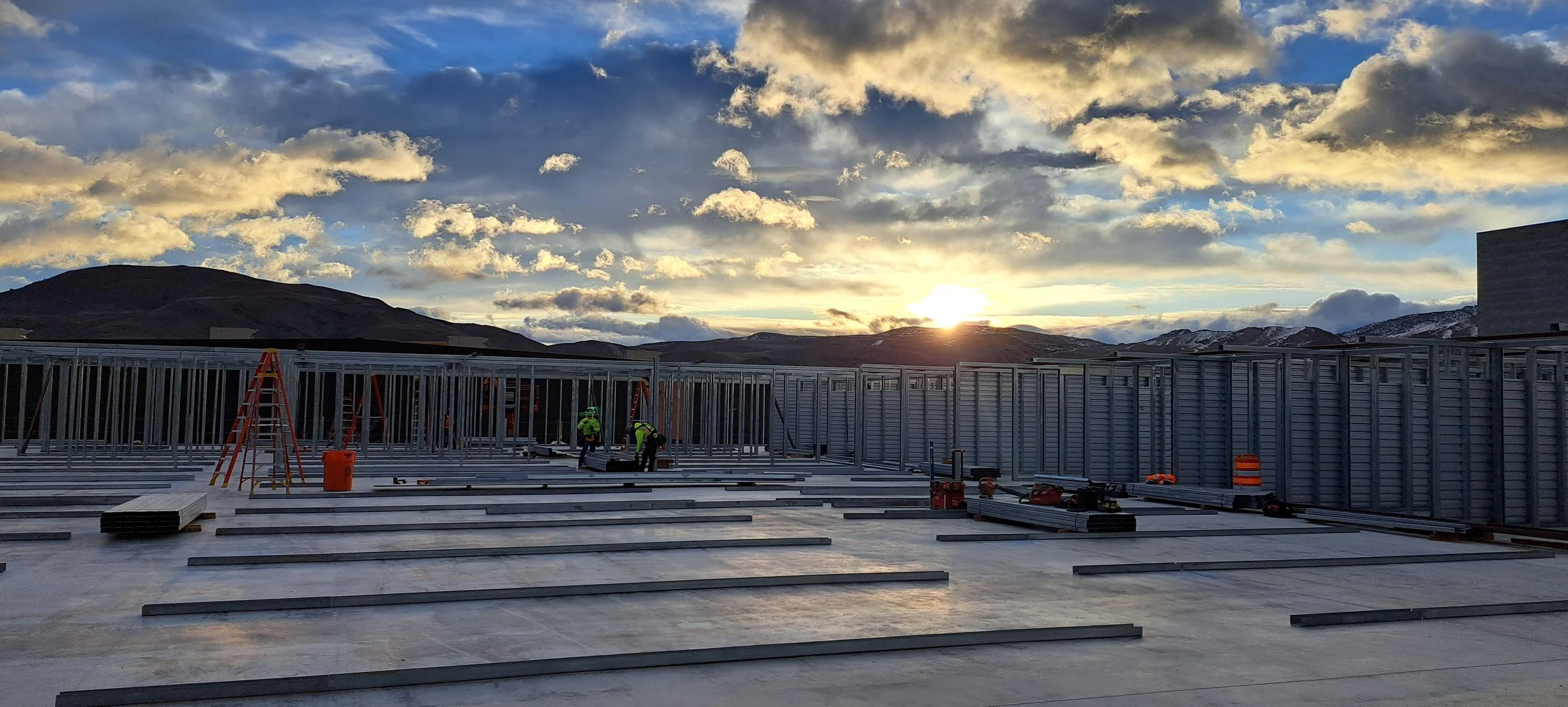Nevada's New Construction Law: Protecting Workers from Deadly Heat
Nevada has taken a significant step forward in worker safety with the passage of Assembly Bill 478, a groundbreaking piece of legislation that allows construction work to begin as early as 5 a.m. during the summer months. This new law, which passed both the Nevada Assembly and Senate unanimously, represents a bipartisan effort to protect construction workers from the state's increasingly dangerous heat conditions.
What the New Law Changes
Starting this year, construction projects throughout Nevada can begin work at 5 a.m. instead of the previous earliest start time. However, this early start window is specifically designed for the hottest months of the year, applying from April 1st through September 30th annually.
The timing of this legislation couldn't be more critical. Nevada regularly experiences some of the most extreme temperatures in the United States, with summer temperatures often exceeding 110°F in many parts of the state. For construction workers who spend long hours performing physically demanding labor outdoors, these conditions can quickly become life-threatening.
The Health and Safety Imperative
The primary motivation behind Assembly Bill 478 is worker protection. By allowing construction crews to start work at 5 a.m., the law enables workers to complete more of their physically demanding tasks during the cooler morning hours, before the sun reaches its peak intensity.
Heat-related illnesses are a serious concern in Nevada's construction industry. Workers face risks including:
Heat exhaustion and heat stroke
Dehydration
Increased accident rates due to fatigue and disorientation
Long-term health complications from repeated heat exposure
By shifting work hours earlier, construction companies can better protect their employees while maintaining productivity and project timelines.
Impact on Communities
While the law primarily focuses on worker safety, it will have noticeable effects on Nevada communities. Residents living near construction sites may need to adjust to earlier morning activity, including the sounds of construction equipment and worker activity beginning at 5 a.m. during the summer months.
This change represents a balance between public convenience and worker welfare. The unanimous passage of the bill suggests that Nevada lawmakers recognized the critical importance of protecting workers from heat-related dangers, even if it means some adjustment for nearby residents.
Industry Response and Implementation
The construction industry has generally welcomed this legislation as a practical solution to a growing problem. As climate change continues to drive higher temperatures across the Southwest, innovative approaches like flexible work hours become increasingly necessary.
Construction companies will need to adjust their scheduling, logistics, and workforce management to take advantage of these earlier start times. This may include:
Coordinating with suppliers for earlier material deliveries
Adjusting worker shifts and break schedules
Updating project timelines to optimize cooler morning hours
Training supervisors on heat safety protocols
Looking Forward
Assembly Bill 478 represents more than just a scheduling change – it's a recognition that Nevada must adapt its practices to protect workers in an era of increasing heat extremes. The law demonstrates how legislative solutions can address immediate safety concerns while setting a precedent for future worker protection measures.
As Nevada continues to grow and develop, especially in urban areas like Las Vegas and Reno, construction activity will remain essential to the state's economy. This new law ensures that the workers building Nevada's future can do so more safely, even as temperatures continue to rise.
The unanimous bipartisan support for this legislation also highlights how worker safety can transcend political divisions when lives are at stake. As other states face similar heat challenges, Nevada's approach may serve as a model for protecting outdoor workers across the American West.
For construction workers, this law offers hope that their safety and health are being prioritized in policy decisions. For Nevada communities, it represents a commitment to balancing economic development with human welfare, ensuring that the state's growth doesn't come at the cost of worker lives and health.

